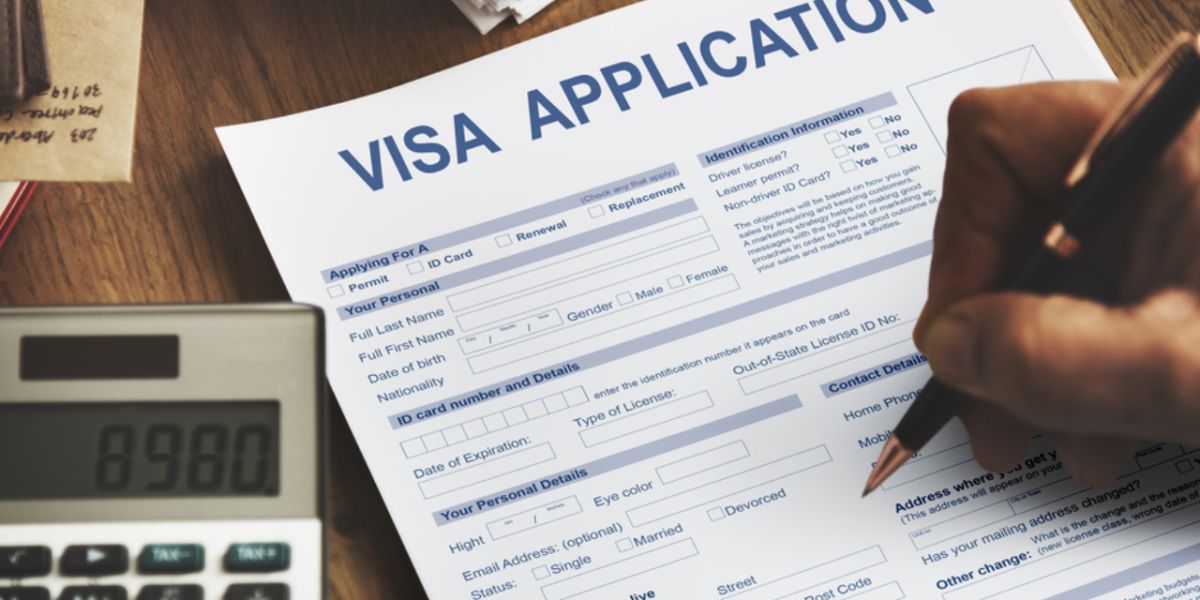
Brazil is a huge and diverse country just waiting to be explored. But before you book your hotel and flight, check whether you'll need to apply for a visa.

Tourist visas
In general, Brazil follows a policy of reciprocity: if your country requires Brazilians to obtain a visa to enter, then you'll probably need a visa to enter Brazil. Most countries are exempted from getting a tourist visa. You can visit Brazil as a tourist for up to 90 days without a visa. You'll just need to present a passport valid for at least six months past the date of entry.
If you're from Djibouti, you'll need to apply for a tourist visa. And if you're from Venezuela, you'll also need to apply for one if you're staying over 60 days. Otherwise, visits 60 days or under are exempted.
If you're from Bhutan, the Central African Republic, or Taiwan, your tourist visa will be issued on a Laissez-Passer. These are issued to people who are from countries not recognized by the Brazilian Government.
When applying for a visa, be sure to submit your application to the consulate or embassy designated to serve your area of residence. Applying to another consulate will cause your application to be returned unprocessed.
Once in Brazil, you can visit an office of the Federal Police to apply for an extension of 90 days. An extension is almost always granted, but you only get one extension. In any case, you can only spend a maximum of 180 days in a year on a tourist visa, so you won't be able to come back again until the next year.
Work visas
Work visas may be issued to people with special skills not easily found in Brazil. Examples include oil platform workers, engineers, and some medical professionals. In practice, however, it isn't easy to obtain a work visa, as the company wanting to employ you must demonstrate that they can't find a Brazilian with the requisite skill set. Also, note that most jobs in Brazil will require a good understanding of Portuguese.
Unlike many other countries, Brazil doesn't have any special program to bring native English into the country to teach English or assist in the classroom. Being a native English speaker alone isn't enough to qualify you for a work visa, although some language schools may be willing to sponsor you.
If a work visa is issued, it'll be valid for a maximum of two years, after which you can apply to renew it. Renewals are more easily obtained than the original visa. You may also apply to transform the work visa into a permanent visa.
Note that even if you don't qualify for a work visa, you may be granted the right to work legally in Brazil if you obtain permanent residency.
Permanent visas
There are many advantages of permanent resident status, including the ability to open a bank account, the freedom to exit and return to Brazil freely, access to the public healthcare system, and the right to work legally. There are a few types of permanent visas.
Retirement visas are available to those who are at least 60 years old (or who have a spouse who's 60 or older) and who can prove a regular monthly income of at least US $2,000. Provided that you meet these conditions and don't have a criminal record, the retirement visa is generally fairly easy to obtain.
Permanent visas are granted to individuals who marry either a Brazilian citizen or an individual with permanent residency in Brazil. Note that gay marriages are now recognized in Brazil. Also, stable civil unions with Brazilians are regarded in the same way as marriages, but what constitutes a stable union isn't well defined. You'll need to give sufficient evidence to convince a judge that your relationship qualifies.
Permanent visas are also granted to the parents of children born in Brazil. If you visit Brazil, and your child is born here, then that child is a Brazilian citizen. The child's parents don't automatically become Brazilian citizens but will be granted permanent resident status.
Those who can invest a minimum of 500,000 Brazilian Reals (or R$500,000) may apply for an investor visa. This amount can be less if you have 10 Brazilian employees. This isn't a simple process, as your investment cannot be passive, but must be an enterprise that creates jobs for Brazilians. Your business plan will need to be reviewed and approved, and you'll need to periodically report to a government official. And operating a business in Brazil is seldom easy. So this route isn't recommended if you really just want residency.
Other types of visas
You may qualify for a student visa if you enroll at a qualified institution. Seek the school's assistance in applying. Note that a student visa will only be valid for the term of study.
Missionary visas may be granted for one year, including the date of issue. Check with the Brazilian consulate serving your area for specific requirements.
Brazil doesn't offer visas specifically for volunteer service. Additionally, there are no programs that recruit English speakers to teach in public schools, unlike in some other countries.
Overstaying
While you should always respect the laws of any country you visit, you should be aware that the penalties for overstaying in Brazil aren't severe. You'll be required to pay a fine of R$120 (around $20 USD) for each day you've overstayed. You'll have 7 days to leave and you'll then receive a 6-month ban from Brazil.
While obtaining permanent residency in Brazil can prove challenging, it's quite easy to spend up to 180 days per year here as a tourist. Just choose a locale and the months you'd like to visit!
Useful links:
We do our best to provide accurate and up to date information. However, if you have noticed any inaccuracies in this article, please let us know in the comments section below.








